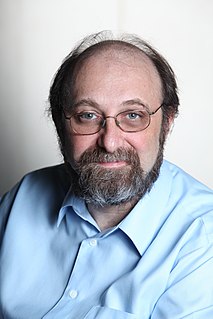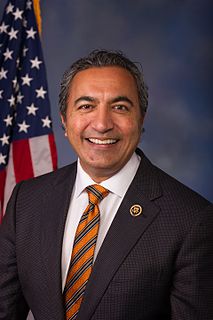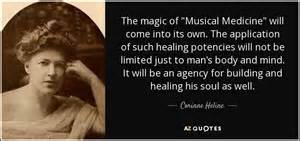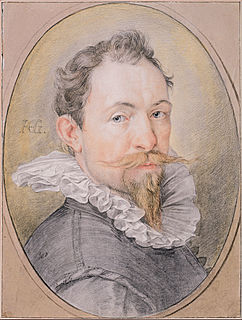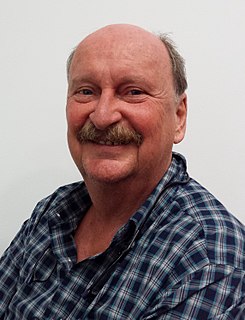A Quote by Aristotle
It is no part of a physician's business to use either persuasion or compulsion upon the patients.
Quote Topics
Related Quotes
... human free will implies God's prior decision not to tamper with the metaphysical base of that free will. It also implies man's ability to reject the persuasion God uses to influence that free will while leaving its metaphysical base intact! Persuasion, not compulsion, is what even He must rely upon! And persuasion, by its very definition, must be resistible!
If what the philosophers say be true, that all men's actions proceed from one source; that as they assent from a persuasion that a thing is so, and dissent from a persuasion that it is not, and suspend their judgment from a persuasion that it is uncertain, so likewise they seek a thing from a persuasion that it is for their advantage.
Losing so many patients certainly was difficult, but it didn't make me feel like a failure as a physician, because I had learned that there was so much more to being a physician than curing illness. That's not the most important thing we do. The most important thing we do is enter into the suffering of others.
The famous Greek physician Hippocrates administered musical treatments to his patients in 400 B.C. Although this type of treatment did not originate with him, it found in him an exponent of the highest order. With the increasing materialism of Western civilization, the major tenants of ancient musical therapy have been either forgotten or discarded.
As a physician who was smoking a pack of cigarettes a day, getting drunk on weekends, stressed out about having 35 patients in the hospital, and not being able to help either them or myself, I had my existential crisis way before I met Maharishi. I did meet him and he was an influence, but I met many other people as well.
We should listen less to the opinions of those who either overtly promote or stubbornly reject complementary and alternative medicine without acceptable evidence. The many patients who use complementary and alternative medicine deserve better. Patients and healthcare providers need to know which forms are safe and effective. Its future should (and hopefully will) be determined by unbiased scientific evaluation.






